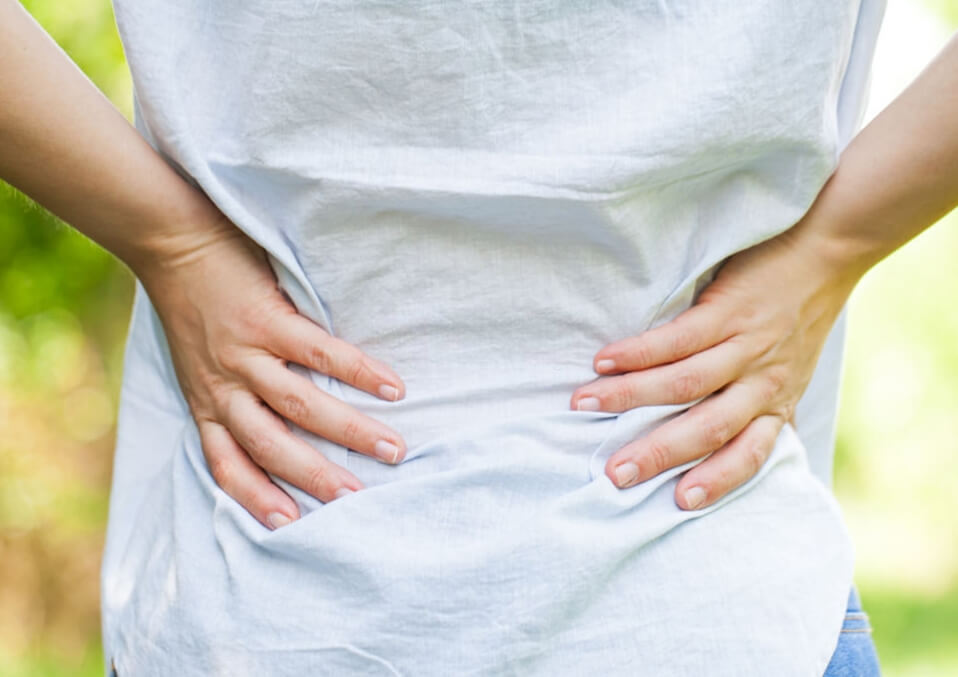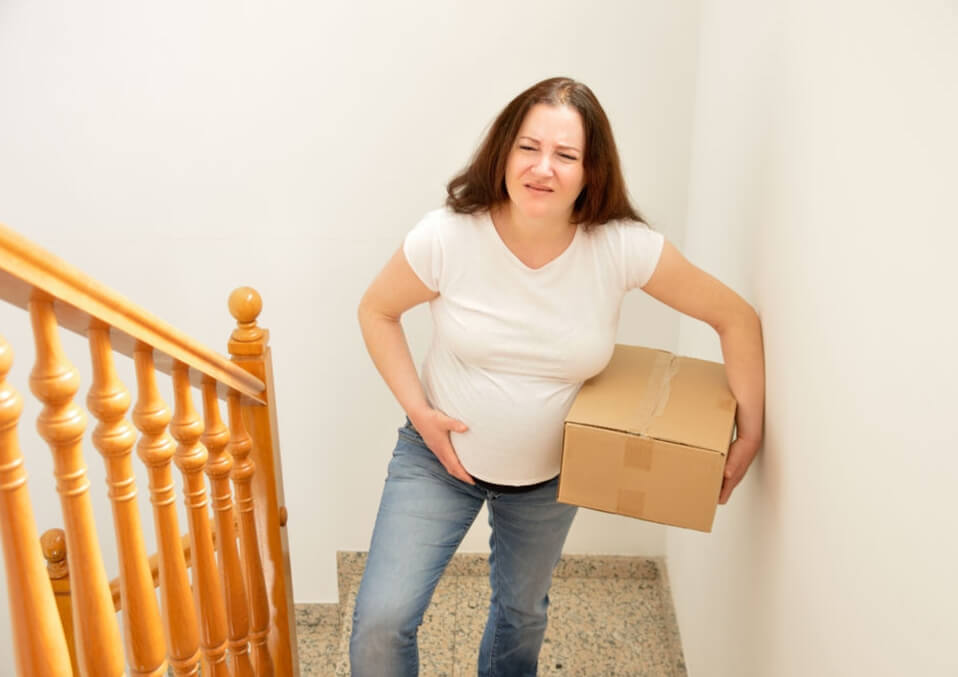In the first trimester, some women may not already look pregnant but of course, they’re starting to feel it. Don’t be so lax with yourself. Not looking pregnant yet doesn’t mean you can do anything you like especially strenuous activities even if they are part of your daily routine before pregnancy.
One of these activities is lifting heavy things. Other pregnant moms say they cannot avoid it, especially if there is already a toddler she needs to take care of and who needs her attention. Some say they need to do the grocery shopping and household chores which may require lifting.
Is heavy lifting safe during the first trimester of pregnancy? Are there any risks? What are the risks?
Lifting restrictions during pregnancy

How much weight can a pregnant woman lift in the first trimester? Experts say that pregnancy and body capacity during pregnancy differs from one woman to another. But as a general rule and due to safety concerns, pregnant women are advised not to lift anything heavier than 20 pounds. Don’t say that you are accustomed to carrying heavy objects before. As you become pregnant, your primary concern now is your baby’s. So always take into consideration that little life inside your tummy that needs your care, protection, and nourishment in preparation for his or her grand entrance to the world.
Read also: When Bodybuilders Get Pregnant The Do’s and Don’ts
What are the body changes and the risks?

During pregnancy, women’s body undergoes so many changes. These changes are the main reason why you need to adjust and lessen your body’s load and activities as compared with a pre-pregnancy period.
First, as your baby slowly grows, your center of gravity slowly shifts forward putting more pressure on your lower back. This can cause strain on the area which may worsen if you are lifting or carrying and even pushing heavy objects.
As the baby grows, the uterus also expands. This can lead to cramping or feeling of pulling of muscles in the abdomen. Some attest that they feel worse abdominal pain after lifting in early pregnancy.
Read also: Assessment of Abdominal Pain During Pregnancy
Also, ligaments and joints in the hips start to loosen in preparation for child delivery. However, it makes a woman less stable. It can make her more prone to strain and injuries that are caused by losing balance like falling or slipping.
A study also reveals that frequent lifting of heavy objects during the first trimester may increase the risk of preeclampsia, miscarriage, premature labor, and low birth weight on babies. It can also lead to leaking pee or stress incontinence. Pregnant or not, one severe complication of the heavy lifting on women is a hernia. You can consult your doctor with regard to this especially if your work requires lifting while pregnant. Work restrictions during pregnancy are protected by the law and you can enjoy some privileges that go with it.
Read also: How Dangerous is Preeclampsia in Pregnancy?
Pregnancy lifting guidelines

Since you are still allowed to lift or carry objects but with restrictions, here are some guidelines you can follow to avoid injuries and other pregnancy complications.
- When lifting heavy objects, bend on your knees and keep your back straight. Most people got used to bending the waist and the back when lifting.
- Use the strength of the legs instead of the back muscles in lifting.
- Carry the load close to your body to prevent strain on the back.
- Avoid twisting.
- If the load is too heavy that it causes strains, do not lift, push or carry it.
- If you have a toddler, you can start training him to walk, get up or climb before lifting him.
- Breathe normally as you carry an object. If you can’t do it, it means the carrying load that is too heavy for you.
It all boils into one – the general rule is to let someone else do the lifting for you during pregnancy.
Final words
Always think that once you begin your journey to motherhood, there are certain changes that will happen to your body and you should do the necessary adjustments to take care not only of yourself but your baby as well. Heavy lifting at first trimester may cause complications so it is better to avoid or limit it for your own safety and the baby.
Read also:
- Working Out While Pregnant
- Falling While Pregnant Third Trimester
- Do’s And Don’ts Of Pregnancy: Swimming And Other Activities


